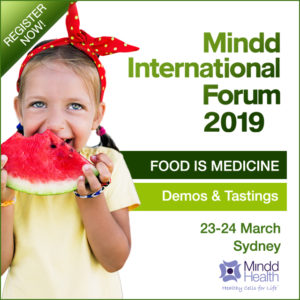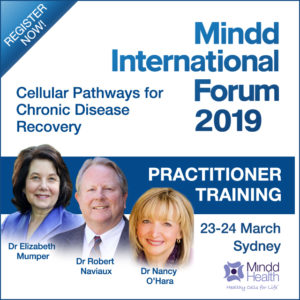Knowing the importance of Microchimerism in Pregnancy is vital for any mother to be

Leah Hechtman will be a speaker at the Mindd Forum 2019. She is the director of The Natural Health and Fertility Centre in Sydney and has been in practice for over 20 years. She specializes in fertility, pregnancy and reproductive healthcare for men and women. Leah has completed extensive advanced training and is currently completing her Ph.D. through the School of Women’s and Children’s Health (Faculty of Medicine [UNSW]).
Leah will be speaking on the topics of Microchimerism, mRNA and Parental Wisdom, which is the understanding of how pregnancy can change the health of a mother in unintended ways. Leah’s expertise extends to how we can influence unique genetic pathways to improve the health of future generations. She will be discussing the latest research regarding these fascinating areas at the forum.
Understanding the relationship between a mother and her offspring has never been so important
Microchimerism refers to the two-way implantation of cells between a mother and fetus. Approximately 50-75% of women carry immune cells derived from their fetus after giving birth. Not only that, but the offspring can also hold onto maternal cells too. The fetal cells present in a mother can be apparent for years after giving birth, and their role in human health is currently being investigated. Research is also evaluating the likelihood of whether an older sibling/previous pregnancy can pass cells to a current fetus of a different pregnancy.
The majority of research on microchimerism has investigated its potential to cause harm. This is due to a 1996 paper hypothesizing the link between microchimerism and the pathogenesis of autoimmune conditions. However, the connection between microchimerism and positive health outcomes has been receiving attention in the last few years. This is partly due to detecting the capability of mammals to save their mother’s lives by providing cells that are repairing tissue, including bone marrow, to replace dysfunctional cells. While the mechanism of action is currently unclear, it is understood that microchimeric fetal cells can provide repair processes within maternal tissue, via cellular differentiation.
What Is Cellular Differentiation?
Cellular differentiation is the process of a cell changing from one cell type to another more specialized cell type. This process occurs multiple times throughout development and growth. The differentiation of cells contributes to the growth, survival, and ability to apply repair mechanisms for all organisms. The ability for a cell to differentiate and defend itself against any kind of injury is an essential part of life in both plant and animal kingdoms.
What Does The Research Say?
According to a 2004 paper published in the Journal of the American Medical Association, male fetal microchimeric cells showed the ability to differentiate into a mother’s injured epithelial tissues, such as those of the thyroid, cervix, intestines, and gallbladder. This suggests that fetal cells have stem-cell-like qualities that may contribute to the regeneration of injured maternal organs.
A 2008 study explained the link between fetal cells and thyroid cancer when differentiated microchimeric cells were found in subjects with thyroid cancer. Since cellular differentiation can have a positive effect, this paper proposes that microchimerism can offer protective mechanisms. However, more research is needed to exclude the possibility of the microchimeric cells being pathogenetic
In 2012, a paper published in Circulation Research examined the role of microchimerism and recovery from cardiac complications during the gestational and post-birth period. The conclusion reported that “fetal cells selectively home injured maternal hearts and undergo differentiation into diverse cardiac lineages. Using enhanced green fluorescent protein (eGFP)-tagged fetuses, we demonstrate engraftment of multipotent fetal cells in injury zones of maternal hearts.” This demonstrates that fetal cells are efficient at differentiating into a number of heart cells. This may contribute to the overall protection of the mother’s heart.
More specific information on Microchimerism (part of both the Public Integrative Health stream and the Practitioner stream) will be presented at the Mindd Forum, where you will learn more about this fascinating topic and its potential to affect future generations.
You can see the schedule of the 2019 Mindd Forum here…
References







